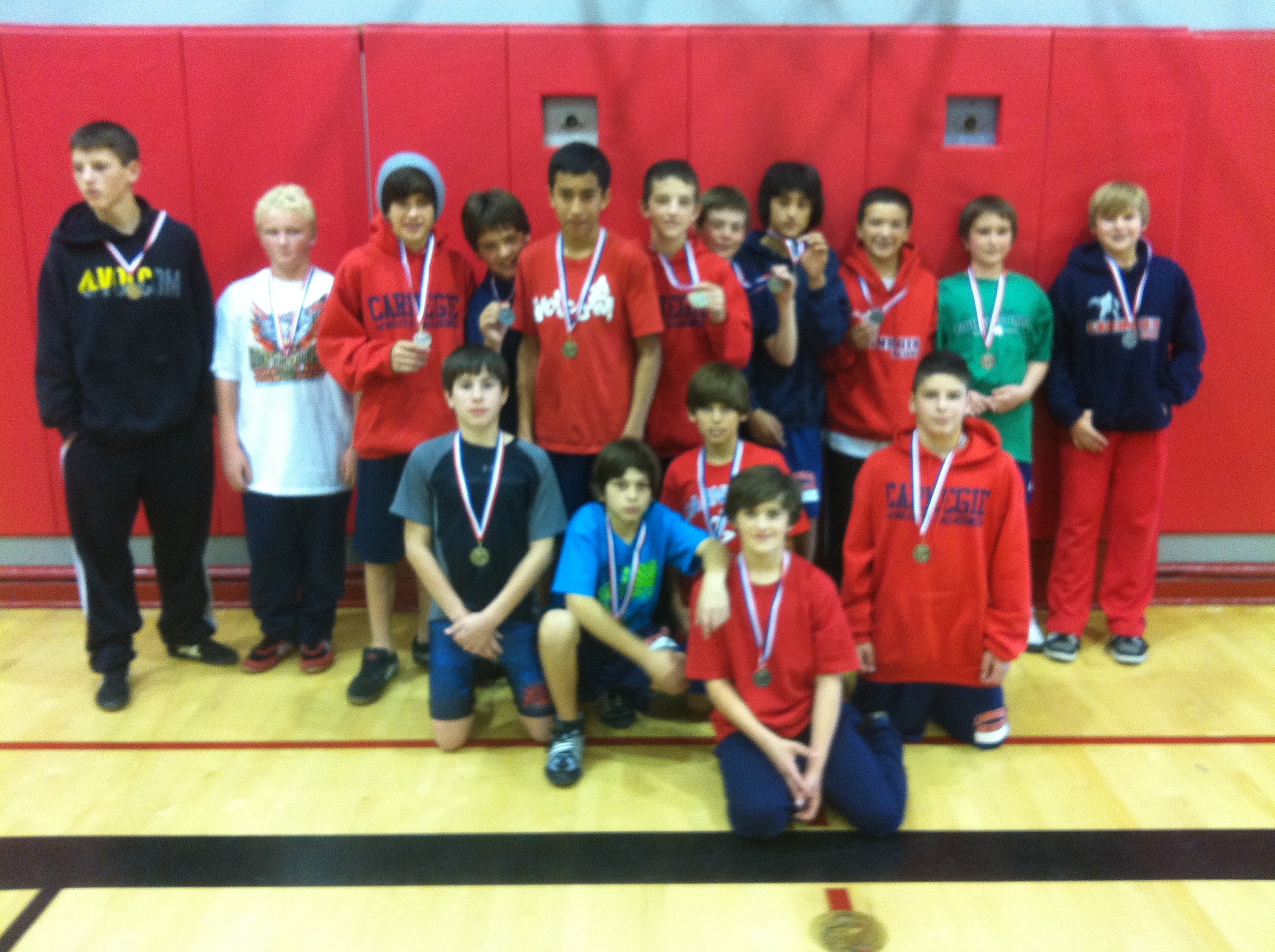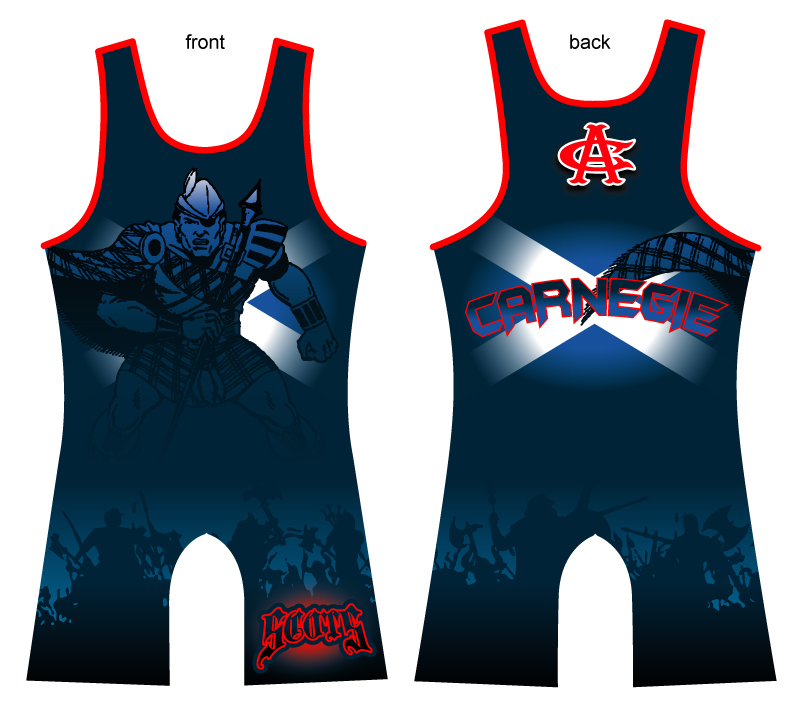News and Announcements
Reminder - Positive Coaching Alliance Parent Pledge
As we reach the middle point of our season and head into more competition, it is a good time to refresh our memories on our Positive Coaching Alliance Parent Pleadge.
1 As a Second-Goal Parent I will let players and coaches take responsibility for the first goal of
winning. I will relentlessly focus on the second, more important, goal of using sports to teach life
lessons to my child and other youth.
2 I will use positive encouragement to fill the Emotional Tanks of my children, their teammates,
and coaches. I understand that people do their best with full E-Tanks.
3 I will reinforce the ELM Tree of Mastery with my child (E for Effort, L for Learning, M for bouncing
back from Mistakes). Because I understand a mastery approach will help my child be successful
in sports and in life, I will encourage my child to
• put in a high level of effort to get better,
• cultivate a Teachable Spirit to continue to learn and improve,
• use a Mistake Ritual (e.g., “flushing mistakes”) to quickly rebound from mistakes.
4 I will set an example for my child by Honoring the Game and will encourage him/her to remember
ROOTS—respect for the Rules, Opponents, Officials, Teammates, and Self. If the official
makes a "bad" call against my team, I will Honor the Game and be silent!
5 I will use a self-control routine to avoid losing my composure when things go wrong. I will take
a deep breath, turn away from the game to refocus, count backwards from 100 or use self-talk
(“I need to be a role model. I can rise above this.”).
6 I will engage in No-Directions Cheering. I will limit my comments during the game to encouraging
my child and other players (from both teams)
7 I will get my child to practice and games on time and will be on time picking my child up after
games and practices.
8 I will refrain from making negative comments about my child's coach in my child's presence.
I understand that this will help to avoid planting negative seeds in my child's head that can
negatively influence my child's motivation and overall experience.
Our new members of the Scots wrestling family had a great showing at their first tournament. The team went 35-15 on the day with 19 pins.
Medalists were:
1st place - Derek Bell, Josiah Bartlett, Tyler Nelson, Carlos Perez, German Villasenor, Andrew Stunz, Jake Forni, Brandon Romani and Blake Sprenger
2nd place - Mason Scroggins, Jake Cenderelli, Trevor Watts, Anker Fanoe and Cole Rindal
3rd place - Conner Vanatta, Sam Heglund and Bennett Deleon.
